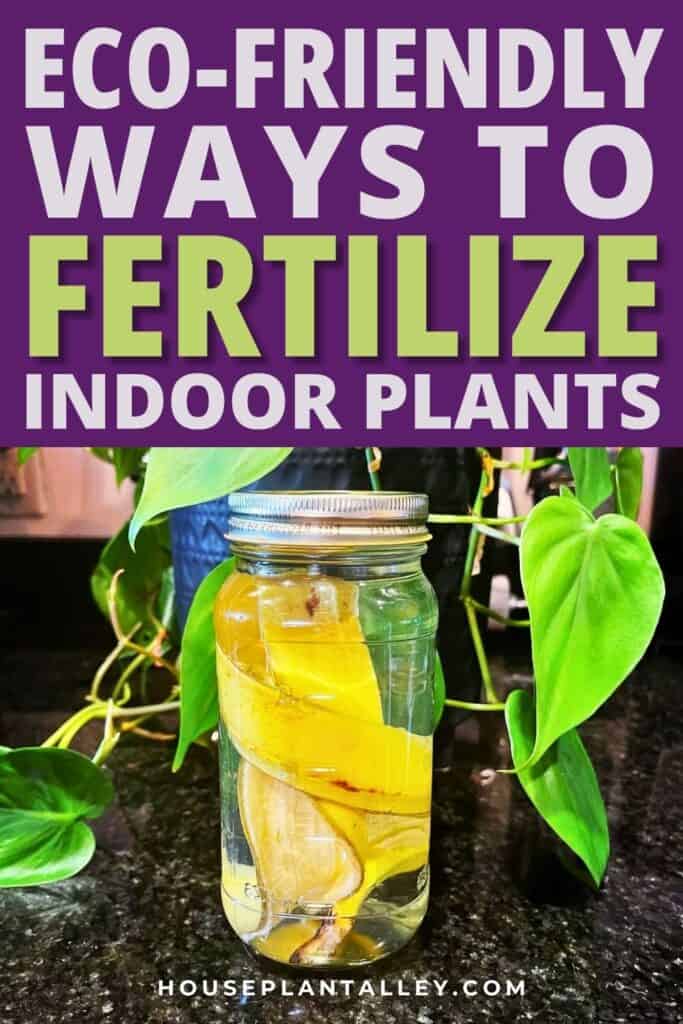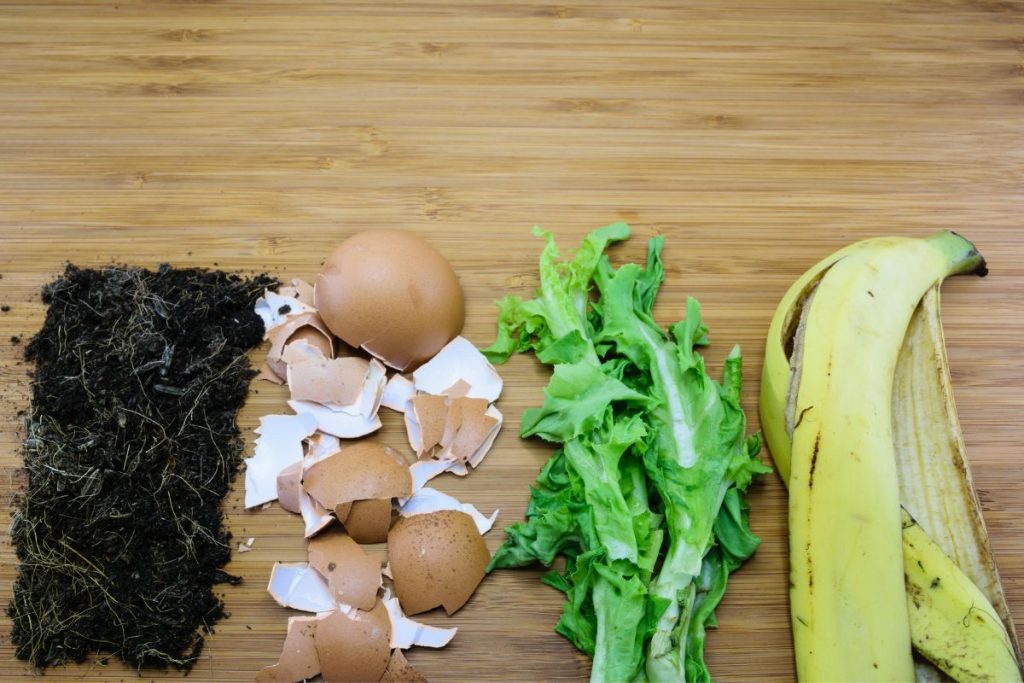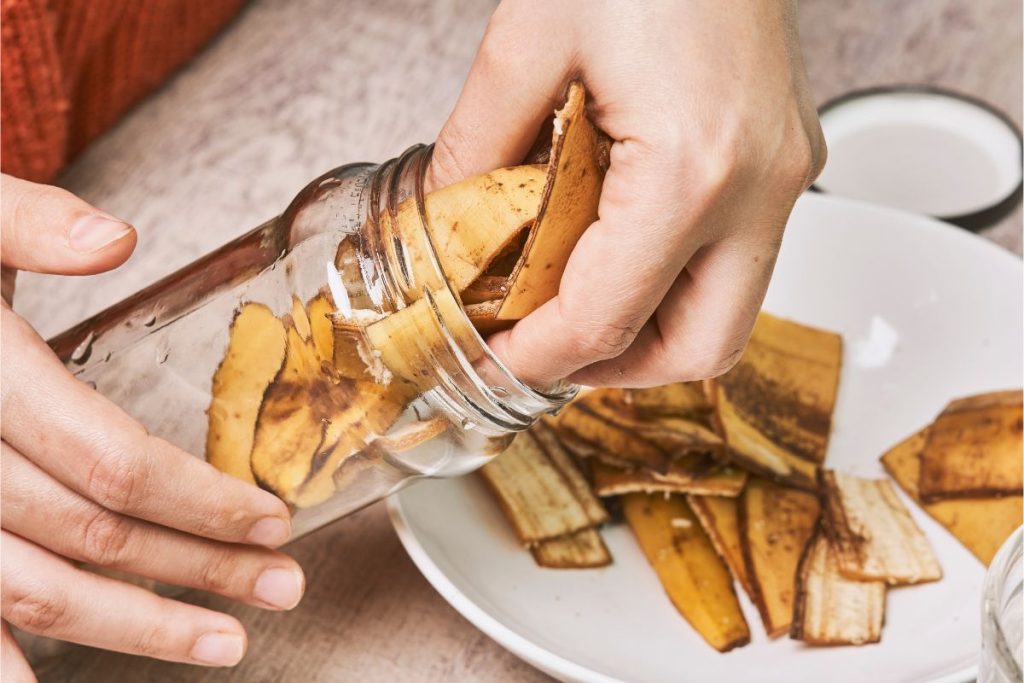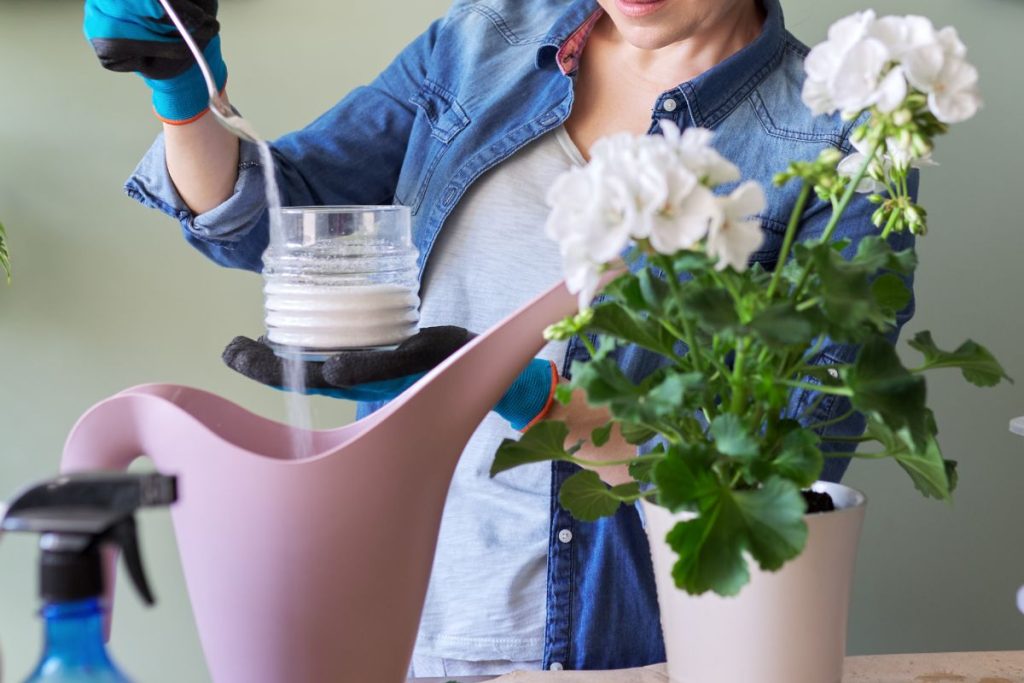Did you know that about 70% of houseplants don’t get enough fertilizer? That means they’re missing out on key nutrients that help them grow strong and healthy. The good news? You don’t need fancy products to fix this. You can make your own natural fertilizers using simple things from your kitchen! Let’s break down which plants need fertilizer, why homemade options are awesome, and how to make your own.

🪴 Which Houseplants Need Fertilizer?
Not all houseplants need fertilizer, but many do—especially flowering ones. If your plant blooms or grows quickly, it probably needs a little extra help. Foliage plants (the leafy ones) might not need as much, but they still benefit from occasional feeding.
If you’re unsure, ask your local nursery or garden shop. And when you do fertilize, go for organic options made for indoor plants. Look for slow-release formulas so you don’t accidentally overfeed. Also, make sure the fertilizer is safe for pets and people—no harsh chemicals!
Signs your plant might need nutrients:
- Leaves turning yellow or pale
- Slow or stunted growth
- Droopy or sad-looking stems
You can also mix in natural boosters like compost, leaf mold, or worm castings to give your soil a nutrient kick.
🌱 Why Homemade Fertilizer Rocks
Making your own fertilizer is:
- ✅ Cheap
- ✅ Eco-friendly
- ✅ Safe for pets and kids
- ✅ Great for your plants
Most homemade fertilizers are packed with nitrogen, phosphorus, and potassium—three nutrients plants need to grow. Plus, they help the soil hold water better and reduce waste (no more tossing banana peels or coffee grounds!).
And the best part? You know exactly what’s going into your plants. No mystery chemicals, no weird preservatives—just good, clean nutrients.
🧪 Easy Homemade Fertilizers You Can Try

Here are some simple, natural fertilizers you can make at home. Each one helps your plants in a different way, so feel free to mix and match!
🐟 Fish Emulsion
- Use water from cleaning your fish tank—it’s full of nutrients!
- Mix fish waste with water (wear gloves and goggles for safety).
- Apply every two weeks to give your plants a nitrogen boost.
🍯 Molasses Mix
- Molasses contains minerals like iron, calcium, and magnesium.
- Mix 1 tablespoon with water and a pinch of Epsom salt.
- Feed your plants every few weeks to help soil microbes thrive.
🍌 Banana Peel Boost
- Bury peels in the soil or blend them with water to make a liquid fertilizer.
- Rich in potassium and phosphorus—great for flowering plants.
- No pests if buried properly!

☕ Coffee Grounds
- Sprinkle used grounds around acid-loving plants like ferns, peace lilies, and African violets.
- Adds nitrogen and improves soil texture.
- Use in moderation to avoid making soil too acidic.
🥚 Eggshell Powder
- Freeze shells, then crush or grind into powder.
- Mix into soil for a calcium boost—helps strengthen plant cell walls.
- Great for tomatoes, peppers, and leafy greens.
🧂 Epsom Salt Solution
- Mix 1 tablespoon of Epsom salt with 1 gallon of water.
- Use every two weeks to add magnesium and sulfur.
- Helps with leaf color, flower production, and stress resistance.

🍵 Green Tea Tonic
- Brew a bag of green tea, let it cool, and mix with 2 gallons of water.
- Pour into soil every 4 weeks.
- Adds antioxidants and lowers soil pH for better growth.
🍚 Rice Water Fertilizer
- After rinsing rice, save the cloudy water.
- Let it sit for a day, then water your plants with it.
- Rice water contains starch, vitamins, and minerals that help roots grow.
- Use once a week for a gentle, natural fertilizer.
🌼 Final Thoughts
Homemade fertilizers are like fresh smoothies for your plants—nutritious, natural, and full of life. They’re easy to make, safe to use, and better for the planet. With just a few kitchen scraps and a little effort, you can turn your houseplants into lush, thriving beauties.
So next time you make coffee or rinse rice, don’t toss those leftovers—your plants will thank you!
